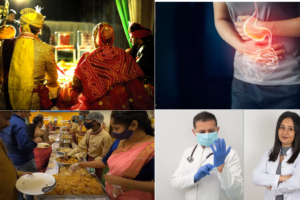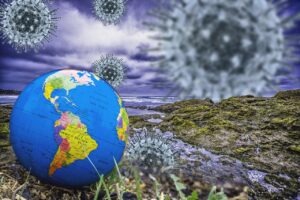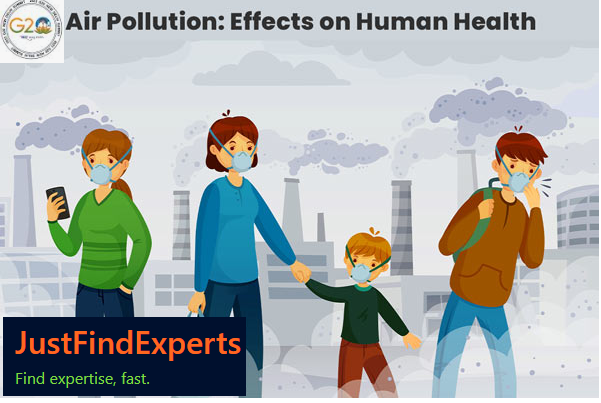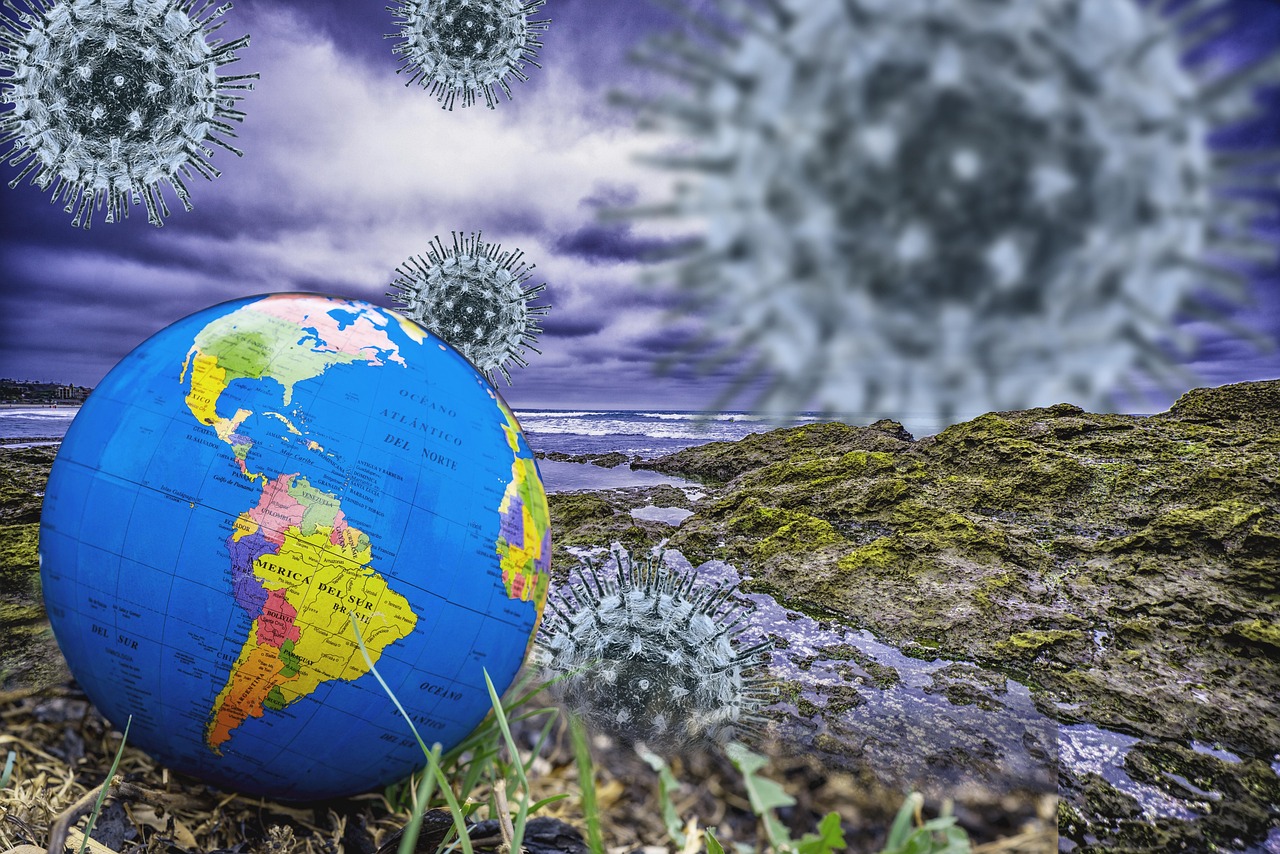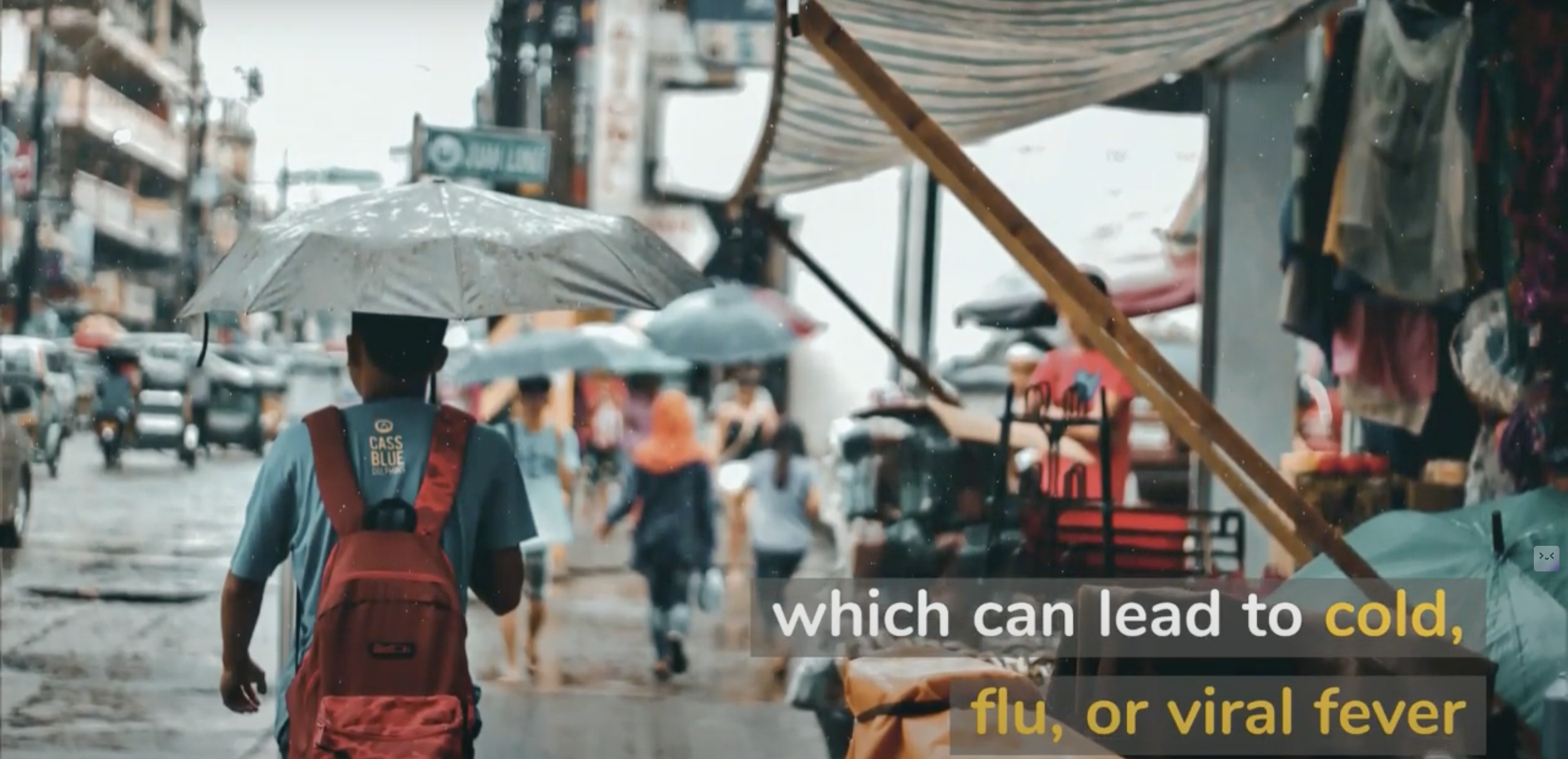In case of Tackling Pollution-Induced Diseases as the world grapples with the ongoing challenges posed by pollution-induced diseases, the need for collective action has never been more apparent. Pollution has become a global health crisis, impacting millions of lives and exacerbating the burden on healthcare systems. In this article, we will delve into how pollution affects our health and explore the steps being taken on a global stage, particularly by G20 countries, to address this pressing issue. JustFindExperts introducing health concerned information in this article.
The Link Between Pollution and Diseases
Pollution is a silent killer that often goes unnoticed until its devastating consequences manifest in the form of diseases. The pollutants released into the air, water, and soil consist of harmful chemicals, particulate matter, heavy metals, and toxic gases. These pollutants can infiltrate our bodies through various pathways, leading to a range of health problems.
- Respiratory Diseases: Air pollution is a major contributor to respiratory diseases such as asthma, chronic obstructive pulmonary disease (COPD), and lung cancer. Fine particulate matter and air pollutants irritate the respiratory tract, leading to inflammation and reduced lung function.
- Cardiovascular Disorders: Pollution also takes a toll on our cardiovascular system. Exposure to pollutants like PM2.5 is linked to heart attacks, strokes, and other cardiovascular diseases. These pollutants can contribute to the development of plaque in arteries, increasing the risk of heart-related ailments.
- Cancer: The carcinogenic properties of some pollutants make them a significant contributor to various types of cancer, including lung, bladder, and liver cancer. Prolonged exposure to these substances can significantly increase cancer risks.
- Neurological Impact: Emerging research suggests that pollution may have adverse effects on the nervous system, potentially contributing to neurological disorders like Alzheimer’s disease and Parkinson’s disease.
Solving the Pollution Dilemma
Addressing pollution-induced diseases requires comprehensive and coordinated efforts at both the national and international levels. JustFindExperts introducing here are some strategies that can help mitigate pollution and its health impacts, and or Health Experts is responsible to resolve these issues with their experience.
- Transition to Clean Energy: Shifting from fossil fuels to clean and renewable energy sources like solar, wind, and hydroelectric power can significantly reduce air pollution and greenhouse gas emissions.
- Strengthening Environmental Regulations: Governments must implement and enforce stringent environmental regulations to limit industrial emissions and promote sustainable practices.
- Promote Sustainable Transportation: Encouraging the use of public transport, electric vehicles, and cycling can reduce air pollution and ease traffic congestion.
- Reforestation and Green Spaces: Planting trees and creating green spaces in urban areas can help absorb pollutants and improve air quality.
- Waste Management: Efficient waste management practices, including recycling and reducing single-use plastics, can minimize pollution of land and water bodies.
G20’s Role in Combating Pollution
The Group of Twenty (G20), comprising the world’s largest economies, recognizes the urgent need to address pollution-induced diseases. At their annual summits, G20 countries have increasingly focused on environmental sustainability and public health. Some notable actions and commitments include:
- Research and Data Sharing: G20 nations have pledged to collaborate on research and data sharing related to pollution’s health impacts, enabling a more informed response to the crisis.
- Funding Environmental Initiatives: Several G20 countries have committed funds to support initiatives aimed at reducing pollution and its health consequences, both domestically and globally.
- Promoting Sustainable Practices: G20 nations are working to promote sustainable practices in sectors such as energy, transportation, and agriculture, with an emphasis on reducing pollution.
- Advocating International Cooperation: G20 countries are engaging in dialogues with other nations to encourage collective action in combating pollution on a global scale.
Pollution-induced diseases are a global challenge that requires immediate attention. The link between pollution and health is clear, and the consequences are severe. However, as G20 nations recognize, it is not an insurmountable problem. By implementing sustainable practices, enforcing strict regulations, and fostering international cooperation, we can work towards a healthier future where pollution-induced diseases are no longer a silent epidemic. The efforts of the G20 and other nations offer hope that we can reverse the tide of pollution and safeguard the well-being of current and future generations. JustFindExperts welcome to G20 nationwide and introducing to Health Experts they have important role to decrease pollution deceases and give healthy solutions.









